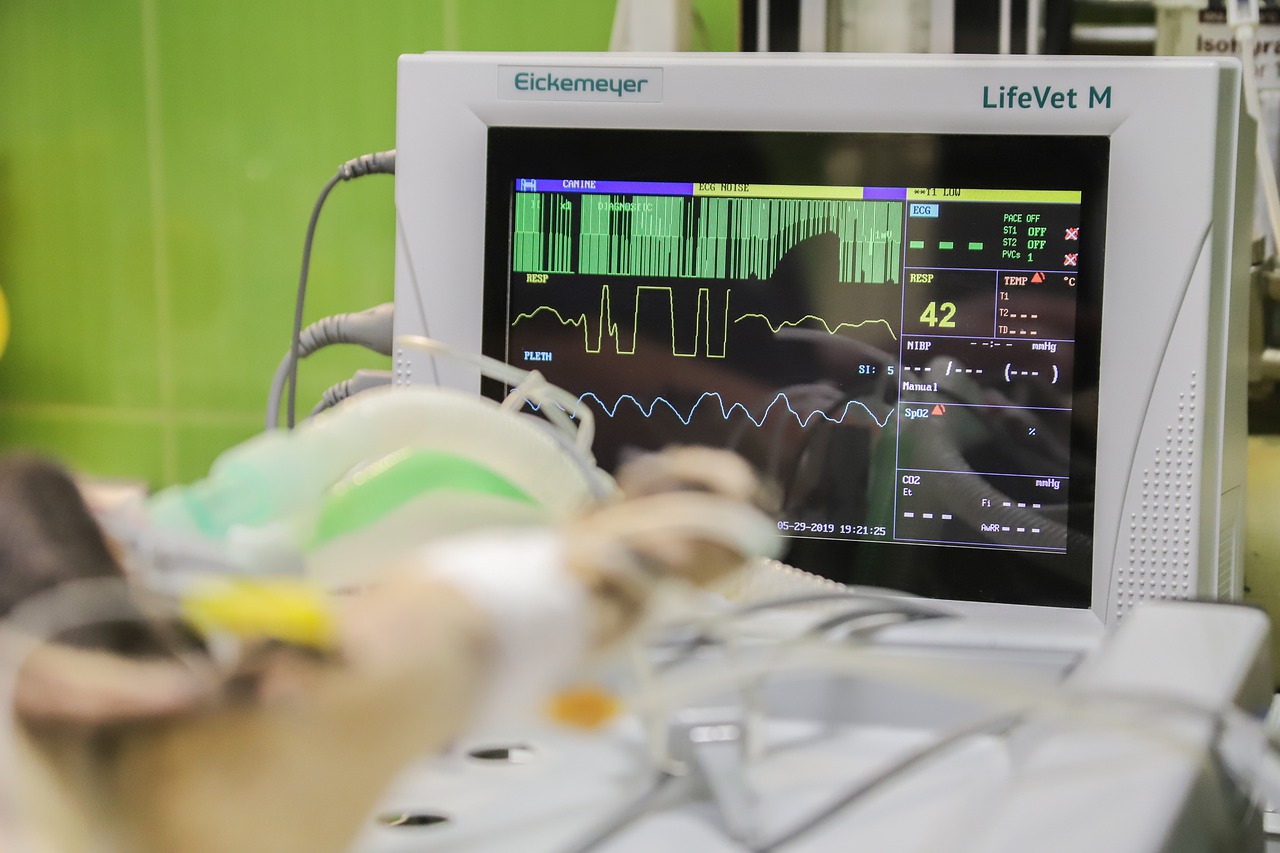
Modern pharmaceuticals and lifestyle change can be as effective as invasive coronary stents or cardiac surgery in addressing stable coronary artery disease, according to results from a landmark international clinical trial.
A global trial by a contingent of more than 50 international medical researchers representing the ISCHEMIA Research Group – with Flinders University’s Professor Joseph Selvanayagam being the Australian national lead researcher – has found that conservative early treatment of stable coronary disease with medications and lifestyle advice is as effective as early coronary angiography and revascularisation for patients with and without advanced kidney disease.

“We did not find evidence that the initial invasive strategy reduced the risk of ischaemic cardiovascular events such as heart attacks or strokes, or death from any cause,” says Professor Selvanayagam, who is Professor of Cardiology at Flinders University.
“It’s a landmark study with a very important message for the number one health condition in Australia.”
The results of the ISCHEMIA trials, that analysed comparisons of invasive surgery and conservative surgery patients over more than three years, were first reported at the American Heart Association meeting in November 2019, and have now been published in the New England Journal of Medicine.
“This trial’s results show there is no need to rush patients with stable coronary disease, and moderate-to-severe myocardial ischemia, to invasive coronary angiography,” says Professor Selvanayagam.
“It is perfectly safe to treat these patients with cholesterol lowering drugs, anti-platelet drugs and antianginal drugs, and then monitor their progress.”
In the ISCHEMIA main trial, 5179 people from 320 centres in 37 countries, and with stable coronary disease and moderate-to-severe ischaemia (mean age 64; 77% male) were randomised to either a treat-to-target approach, using guideline medications and angiography only if treatment failed, or the same approach plus angiography within 30 days and revascularisation if feasible. Cardiac CT scans were used to screen and exclude patients with significant left main stem coronary disease from entering the trial.
Flinders Medical Centre was in the top 10% of recruiting sites for this trial.
“In most cases, patients in the medical therapy arm did perfectly fine and did not need to have invasive angiography and stenting/bypass,” says Professor Selvanayagam. “We can reserve stents or bypass options for patients who struggle with unacceptable side-effects from medications, or who have bad angina despite maximal medical therapies – although even here we have to make it clear to patients they are taking operative options for symptom relief.”
The primary outcome of a composite of five events – death from cardiovascular disease, heart attack or admission for unstable angina, heart failure or resuscitated cardiac arrest – occurred in 353 patients in the conservative arm of the trial and 318 in the invasive arm, being a difference which the researchers found was not significant.
The number of deaths from any cause was 145 in the invasive arm of the trial versus 144 in the conservative arm over a median of 3.2 years of follow-up.
The findings of the trial underscore the benefits of modern pharmacotherapy for stable coronary disease.
“Provided there is strict adherence to guideline-based medical therapy, patients with ischaemic heart disease who fit the profile of those in ISCHEMIA and do not have unacceptable levels of angina can be treated with an initial conservative strategy,” said the report.
The full paper – Initial Invasive or Conservative Strategy for Stable Coronary Disease, by D.J. Maron, J.S. Hochman, H.R. Reynolds, S. Bangalore, S.M. O’Brien, W.E. Boden, B.R. Chaitman, R. Senior, J. López‑Sendón, K.P. Alexander, R.D. Lopes, L.J. Shaw, J.S. Berger, J.D. Newman, M.S. Sidhu, S.G. Goodman, W. Ruzyllo, G. Gosselin, A.P. Maggioni, H.D. White, B. Bhargava, J.K. Min, G.B.J. Mancini, D.S. Berman, M.H. Picard, R.Y. Kwong, Z.A. Ali, D.B. Mark, J.A. Spertus, M.N. Krishnan, A. Elghamaz, N. Moorthy, W.A. Hueb, M. Demkow, K. Mavromatis, O. Bockeria, J. Peteiro, T.D. Miller, H. Szwed, R. Doerr, M. Keltai, J.B. Selvanayagam, P.G. Steg, C. Held, S. Kohsaka, S. Mavromichalis, R. Kirby, N.O. Jeffries, F.E. Harrell, Jr., F.W. Rockhold, S. Broderick, T.B. Ferguson, Jr., D.O. Williams, R.A. Harrington, G.W. Stone, and Y. Rosenberg, for the ISCHEMIA Research Group – has been published in the New England Medical Journal (DOI: 10.1056/NEJMoa1915922).






